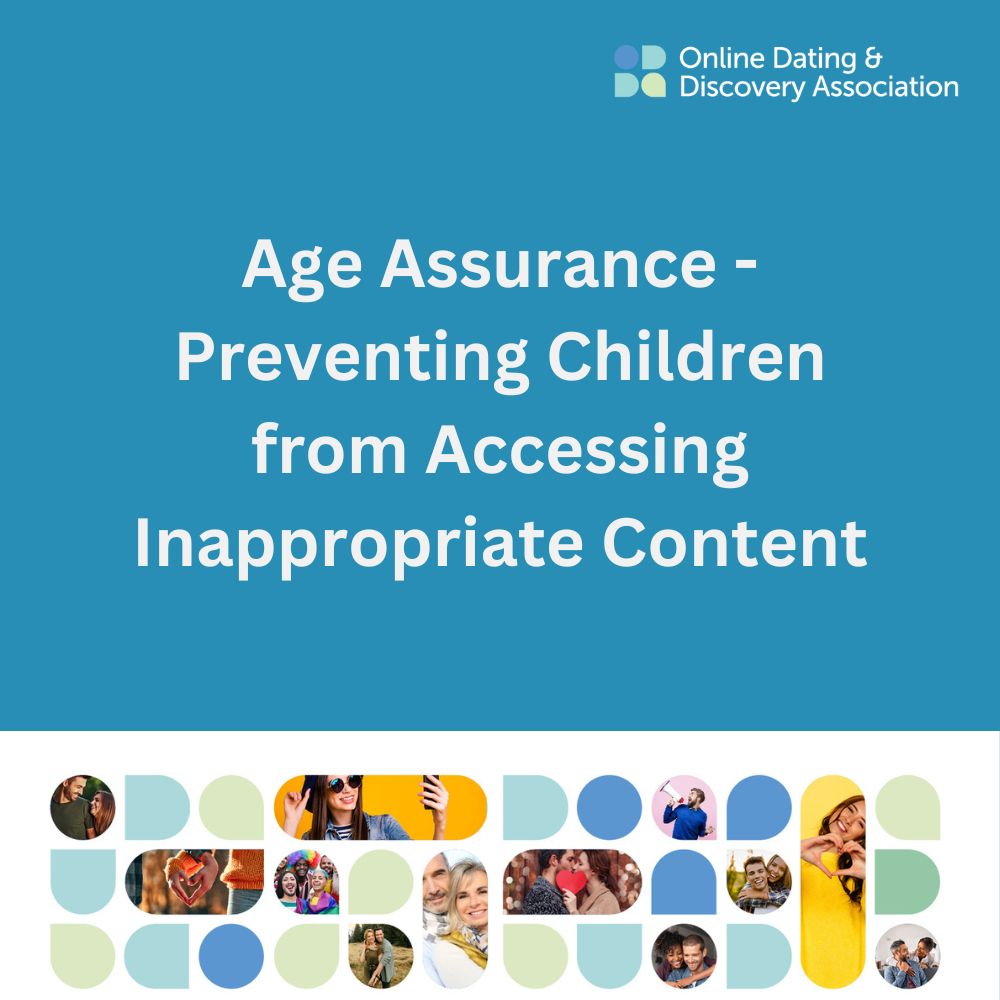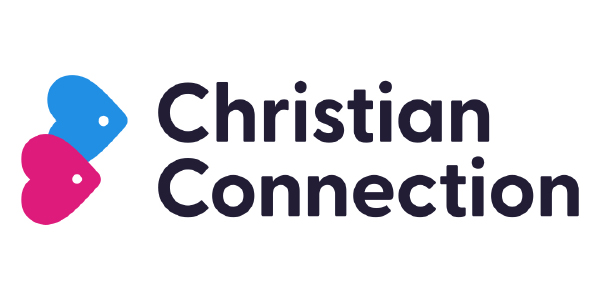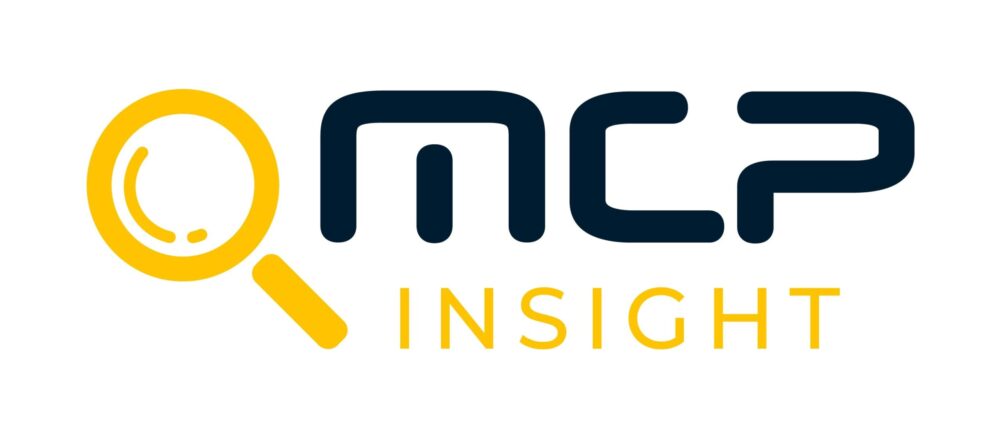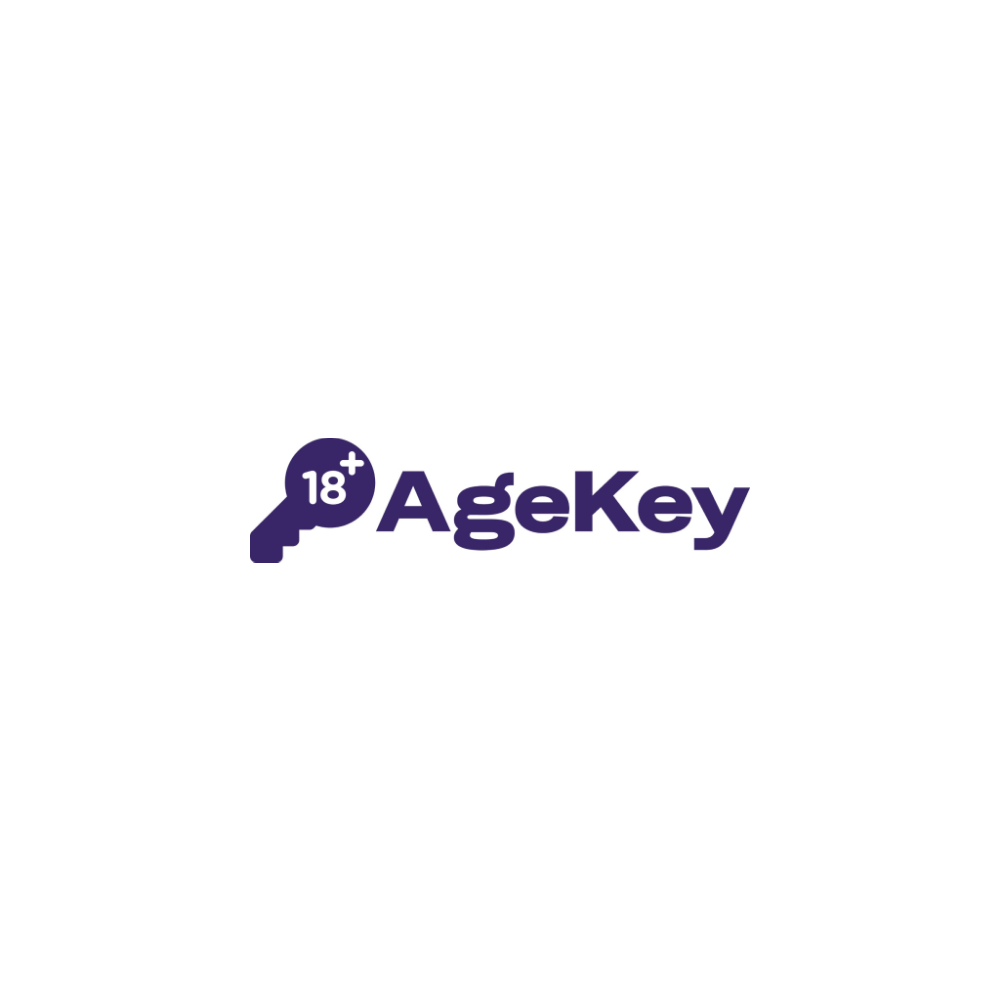
Age Assurance – Preventing Children from Accessing Inappropriate Content
In this blog, we take a look at age assurance, what it means in practice and how it can be used to prevent children from accessing inappropriate content on the internet.
Children use the internet for a variety of reasons, including helping with schoolwork, maintaining friendships and developing creative skills. As parents or guardians, we want to ensure that our children have a safe and enjoyable experience on the internet, but we also worry about them being exposed to inappropriate content. Educating them about the risks can help, but wouldn’t it be easier if they were prevented from accessing harmful content in the first place?
That’s where age assurance comes in. In simple terms, age assurance is the term used to describe the process by which websites, platforms and or service providers are able to determine the age of the user, and if they are underage, either limits or prevents their access to the site.
So why is it important and what are online dating and social discovery sites doing to prevent children from accessing them?
Obviously, the most important reason is to protect children from online harms. By implementing effective age assurance processes, sites can significantly reduce the risk of minors encountering inappropriate content or interactions, creating a safer environment for everyone.
Age assurance also helps providers comply with relevant legal requirements and regulations. As we saw recently with the Online Safety Act, the UK is among several other countries who have introduced legislation that places an obligation on some providers to prevent children from accessing their sites.
Furthermore, online dating and social discovery sites rely on trust. Users need to feel confident that the profiles they interact with are genuine and that the platform takes their safety seriously. Age assurance can enhance this trust by ensuring that users are who they claim to be. When users know that a site takes measures to confirm a person’s age, they are more likely to feel secure and continue to use the service.
Finally, implementing age assurance demonstrates a commitment to building a responsible and ethical community. This proactive approach shows that the platform values the well-being and safety of its users. It sets a standard for other sites to follow and helps in creating a positive reputation in the industry. That’s what the ODDA is all about.
However, while the importance of age assurance on online dating and social discovery sites is undeniable, the implementation of it is not without risk.
For example, users are often hesitant to share personal information to verify their age online due to privacy concerns. Asking for sensitive data such as identification documents can lead to fears about data security and potential misuse of information. Balancing the need for age verification with the users’ right to privacy is a significant challenge for online platforms.
Implementing robust age assurance systems requires advanced technology, which can be costly and complex to develop. Many platforms, especially smaller ones, may lack the resources to invest in sophisticated solutions. Ensuring that the system is user-friendly and doesn’t create barriers to entry while maintaining security is a delicate balance.
Similarly, users often see age assurance processes as cumbersome or intrusive. These added steps can be seen as a hassle, leading to significant drop-offs during the registration process.
Even with age assurance systems in place, there’s also the challenge of detecting fraudulent documents. Users determined to bypass age restrictions might resort to using fake IDs or other deceptive means.
Furthermore, online dating and social discovery platforms often operate globally, which means they must navigate varying legal requirements and cultural norms regarding age assurance. Different countries have different regulations and acceptable practices for verifying age. Implementing a universal system that complies with all regional laws and user expectations is a complex task.
Finally, fraudsters continually develop new methods to circumvent security measures. Providers must keep up with these evolving tactics, requiring continuous investment in research and development to improve and adapt age assurance processes.
The good news however, is that many of our members have invested heavily in developing their own systems. For those who haven’t, there are a growing number of specialist technology companies offering age assurance and identity verification solutions. We’re lucky to have four of them as Associate Members of the ODDA. Brightcheck, VerifyMy and Sterling have developed some fantastic solutions and are helping our Members prevent children accessing their sites. You can learn more about them here: https://theodda.org/for-industry/oda-associates/
The ODDAs position:
The ODDA recognises the importance of preventing children from accessing sites designed for over 18s and encourages its members to work with regulators to ensure they comply with all relevant legislation and guidance.
At a strategic level, we support a joined-up approach across government, regulators and industry that is based on risk, but believe there should be a whole eco-system approach to age assurance which places greater responsibility on app stores to check users ages. In particular, we would like to see app stores take a more proactive stance and contribute to efforts to prevent underage users from accessing adults-only applications. The ODDA encourages Ofcom, as a requirement under the Online Safety Act, to explore the possibility of mandating app store or device-level age checks.
The ODDA also welcomes the efforts made by Ofcom and the Information Commissioners Office (ICO) to engage with the Association and its members to inform guidance and codes of practice under the Online Safety Act. We also welcome their commitment to work with providers to identify progressive and proportionate solutions.
…Final word
Implementing age assurance processes to prevent children from accessing inappropriate content is an essential part of being a responsible provider and one that our members have led the industry in. Balancing the need for security and compliance with user experience and privacy concerns requires ongoing effort and innovation. As the digital landscape continues to evolve, the importance of robust age assurance processes will only grow. Providers that prioritise this aspect are not only protecting their users but also fostering a trustworthy and secure environment where genuine connections can flourish.
You can download a copy of this post here.








































